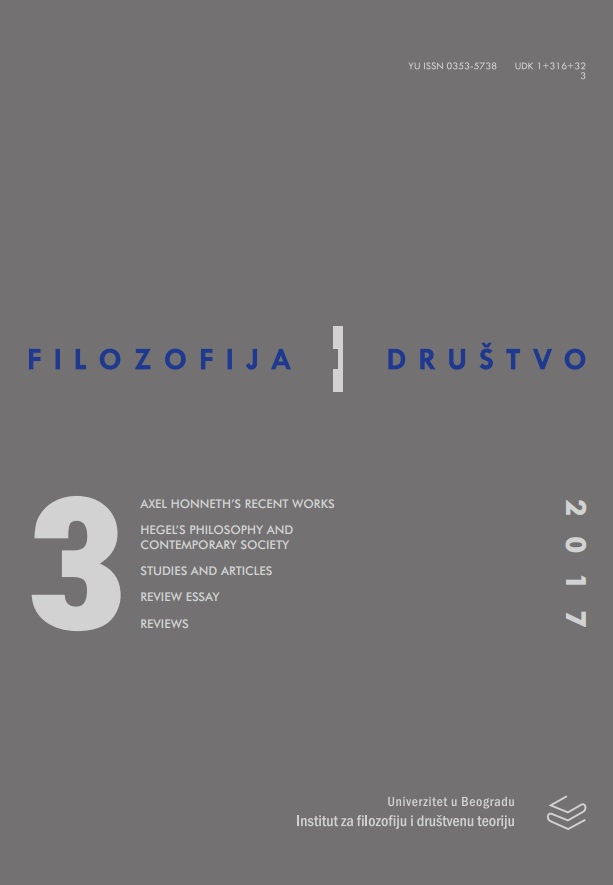Robert Eaglestone, The Broken Voice. Reading the Post-Holocaust Literature, Oxford University Press, Oxford, 2017.
Robert Eaglestone, The Broken Voice. Reading the Post-Holocaust Literature, Oxford University Press, Oxford, 2017.
Author(s): Marko BogunovićSubject(s): Book-Review
Published by: Institut za filozofiju i društvenu teoriju
Summary/Abstract: ‘There is no explanation for Aushwitz’, was a line heard from an anonymous character in the novel Kaddish for an Unborn Child by Hungarian novelist and Holocaust survivor Imre Kertész. That statement came to a harsh opposition by the narrator of the book, in which he claimed that for everything that is, that exists or existed, there always is an explication. The underlying premise of the book on post-Holocaust literature written by writer, academic and a professor at the Royal Holloway University of London, Robert Eaglestone is to examine how the concepts of meaning are inserted in literature about the Holocaust and genocide, but also to think about the meaning of the Holocaust in the contemporary world. The title of the book stems from the syntagm used by Imre Kertész in his Nobel prize acceptance speech where he said that one does not have to choose the Holocaust as one’s subject to detect the broken voice that has dominated modern European art for decades.
Journal: Filozofija i društvo
- Issue Year: 28/2017
- Issue No: 3
- Page Range: 669-671
- Page Count: 3
- Language: English

